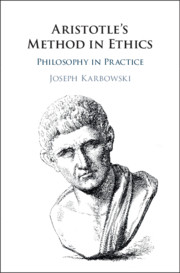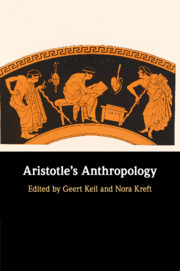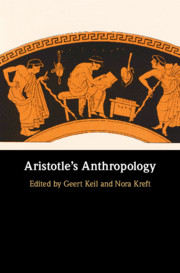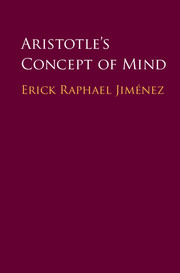Aristotle's Method in Ethics
This book examines Aristotle's method in ethics from the vantage point of his broader conception of philosophy. Joseph Karbowski challenges longstanding dialectical orthodoxy and argues instead that, in his ethical treatises, Aristotle is seeking the first principles of a demonstrative ethical science, a science of human goodness, using an ethically adapted version of the method described in the second book of his Posterior Analytics. Part I of this volume develops a novel interpretation of Aristotle's conception of philosophy, which highlights its ambition to scientific knowledge (epistēmē) and its flexible approach to philosophical inquiry. Part II then demonstrates Aristotle's scientific and flexible approach to philosophy at work in his ethical treatises. The book shows how the aspiration to scientific knowledge is compatible with Aristotle's remarks about ethical precision, the practical aim of ethics, and the particular orientedness of phronēsis (practical wisdom).
- Examines Aristotle's conception of the aim, structure, and method of philosophy
- Challenges the orthodox dialectical reading of Aristotle's method in ethics
- Emphasizes Aristotle's methodological flexibility and the role of judgment in his philosophical inquiries
Product details
January 2019Hardback
9781108419598
284 pages
235 × 157 × 18 mm
0.52kg
Available
Table of Contents
- Introduction
- Part I. The Nature of Aristotelian Philosophy:
- 1. Dialectical reasoning and the dialectical craft
- 2. The enterprise of philosophy
- 3. Aristotle's scientific and flexible philosophical method
- Part II. Philosophy in Practice:
- 4. Method in the Eudemian Ethics
- 5. Ethical precision and the practical necessity of epistēmē
- 6. Facts, principles, and Aristotle's demonstrative ethical science
- 7. Strategic flexibility in the Nicomachean Ethics
- 8. The autonomy of ethics
- Conclusion.





